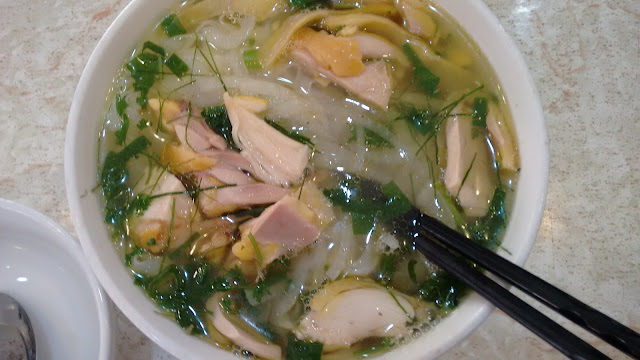Rice in my school dabba
Growing up in Chennai, I was always a
little ashamed to have rice in my school dabba.
Some of my classmates at the posh school I
went to turned up their noses at the humble sambar-rice and rasam-rice my
mother packed for me. I would go back home and tell my mother this and she
would tell me that I shouldn’t care about what others thought of what I ate.
But peer pressure is a strong force,
stronger than a mother’s advice when you’re six. I like to think I didn’t
complain too much, but perhaps my mother picked up on my insecurities. To make
me happy, she made me food other than rice. My mother, working as a teacher in
a school, found the time to make rotis in the morning when she could’ve simply
made rice.
The rotis and sabji were packed in a steel
dabba that had two tiers. That was another thing that made me different from
all the kids who got food in shiny plastic dabbas, symbols of liberalization
and modernity that my parents disavowed because they believed in simplicity.
When I opened my tiffin in school that day,
one of the girls who usually decided the coolness of the food we brought, dismissively
declared that it would be rasam-rice again.
“It’s not. I got roti and sabji.” I said,
triumphantly. Perhaps there was some grudging respect in her eyes, but all I
remember is feeling like I’d won a major battle that day. I must’ve gone home
and told my mother what happened.
When I look back, I remember that the
dismissive girl who spoke English really well, just like I did, was north Indian.
My parents are Malayalees, but my mother was raised in Jamshedpur. I sometimes
wonder if the rotis and sabji my mother made are what reminded
her of her home in North India.
Within a couple of years of that roti-sabji
incident, we had moved to Bombay. My mother says it’s because of Chennai’s
ever-hot weather that she wanted to move to the north.
I like to think that the rotis played a part too. I can picture
my mother, making the rotis and perhaps remembering the time when she took her own dabba to school. Her own mother – my grandmother – was working too, but she
didn’t have the time to make anything other than rice. But her classmates
weren’t judgmental, perhaps because they all lived together in the same colony
built by the Tatas for their employees.
I like to think that it is the rotis that took me to Bombay, a place
where I eventually stopped being ashamed of the rice in my school dabba.




Simple but extremely well articulated.
ReplyDeleteThank you so much, Uncle!
DeleteMost youngsters these days don’t like to write. Also, your mother told us that you like to read. Keep up these good habits, Anjali. Good show.
ReplyDeleteSuresh / Jayashree
I feel lucky to get the chance to write. Thanks for the encouragement, Uncle and Aunty!
Delete